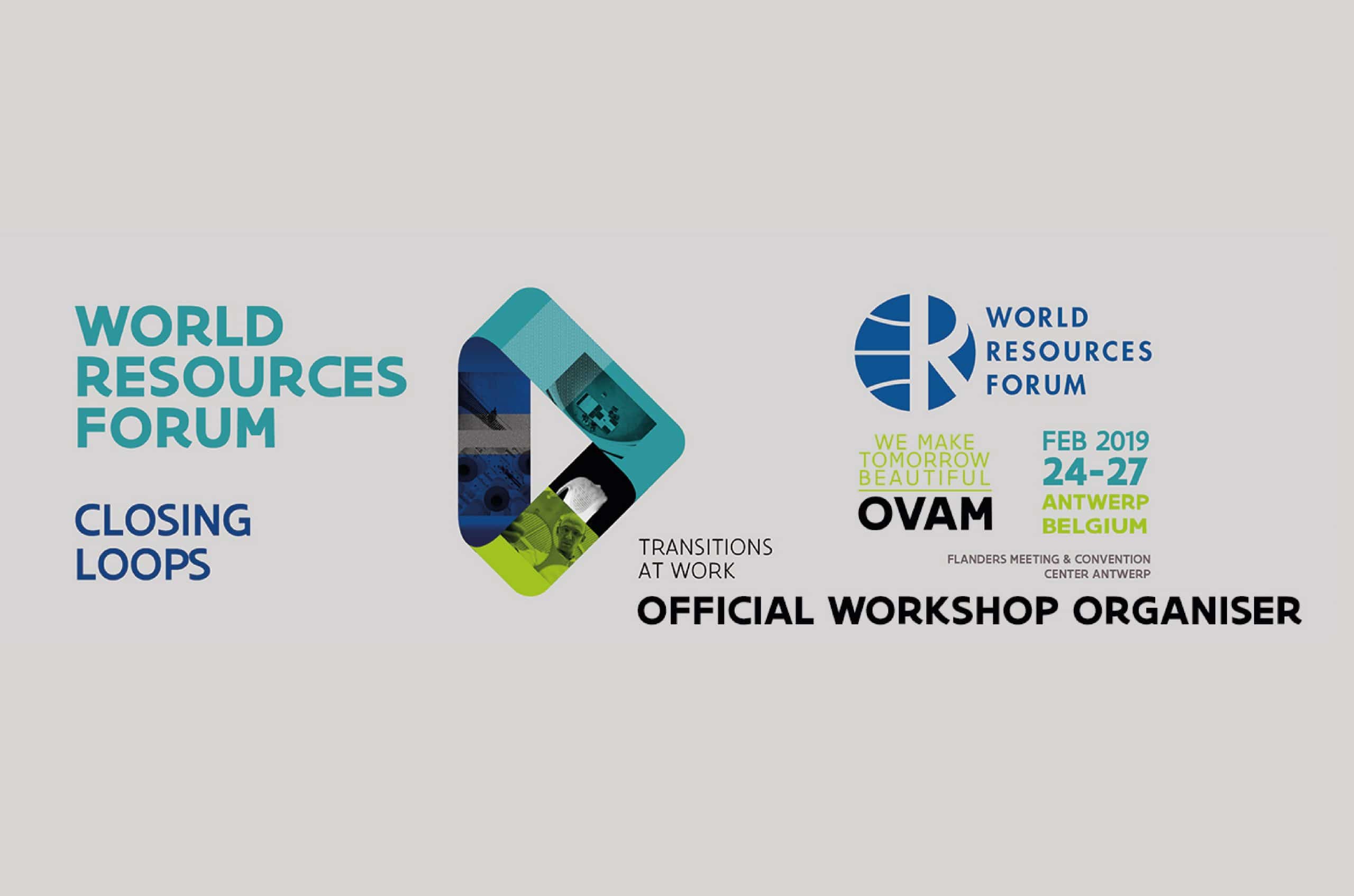RREUSE together with its member KOMOSIE, are hosting a workshop on the importance of binding targets in supporting the transition to an inclusive circular economy at the World Resources Forum in Antwerp on 25th February.
Workshop: Setting binding targets to diminish waste and increase re-use as leverage to accelerate changes towards circular economy
In this workshop, we will look into the usefulness of binding targets in order to concretely implement waste policies in relation to material waste and food waste. We are convinced that making binding targets like ‘7 kg reused material per inhabitant’ and ‘diminishing the food waste by 30 % by 2025’ is a valuable way to achieve the objectives of waste policies. In this workshop we will illustrate this statement on the basis of 3 different cases.
- De Kringwinkel: specific re-use target for the De Kringwinkel re-use organisations set by Flemish government and Kringwinkels
- Foodsavers: contributing to the target to diminish food waste by 15 % in 2020 set by committed foodpartners under coordination of the Flemish governement
- Energysavers: working on a target set by Flemish government for energy efficiency and helping households to consume less energy and water
Importance of the social dimension in the defined target, specifically for reaching vulnerable households (case: consumer and waste scan). At the same time these case studies are feed for discussion and debate with the audience.
- Monday 25 February 2019, 16:00 – 17:30
- Flanders Meeting & Convention Center, Antwerp, Belgium (Room: Nightingale)
- Hosted by: RREUSE and KOMOSIE
- Speaker: Michal Len, RREUSE Director
- More information on the event website


